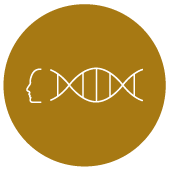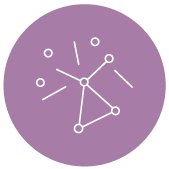Tackling
Complexity in Natural, Biological and Socio-technical Systems
The understanding of human collective phenomena is of paramount scientific and technological importance. The colossal amount of digital data (Big Data) nowadays available is revolutionizing the way we study these phenomena. On its turn, new methods to efficiently deal with the data are called for. In Cosnet, we study the emergence and evolution of large-scale human behavior, the structure and dynamics of online social networks, and several kinds of diffusion processes on social systems.

Understanding and predicting how diseases unfold and evolve is a long-standing research challenge. We aim at developing more accurate models to tackle the latter problem. To this purpose, we collect data from different sources, investigate on how to make classical epidemiological models more sophisticated and detailed and develop new theoretical and computational frameworks to deal with multi-scale diseases. Finally, a central point of our research agenda is the modeling of TB spreading.
Systems Biology is a powerful approach for a better understanding of the interplay between the structure and dynamics of biological systems. In this area, we mostly study the topology and functioning of regulatory networks. Additionally, one of our main goals is to deepen into the mechanisms that underlie and promote human cooperative behavior in different contexts through experimentation. From a theoretical point of view, we address this problem using evolutionary game dynamics.
This area is devoted to the study of several dynamical processes, mainly from a modeling perspective. For many years, we have studied network structure, as well as critical and synchronization phenomena and we continue to research on these topics. However, we are now more concentrated on the computational and theoretical study of so-called multilevel systems, which are made up by several layers each one representing a different topological instance of the system being modeled.
in large metropolitan areas”, Proceedings of the National Academy of Sciences USA 119, e2112182119 (2022).
Matjaz Perc, and Vito Latora, “Evolutionary dynamics of higher-order interactions in social networks”, Nature Human Behaviour 5, 586-595 (2021).





![[Physics of Life Reviews 51:283-293 (2024)] LLMs and generative agent-based models for complex systems research](https://cosnet.bifi.es/wp-content/uploads/2025/11/Figure5_PLR-2000x1081.png)
![[Nature Reviews Physics 6: 468–482 (2024)] Contagion dynamics on higher-order networks](https://cosnet.bifi.es/wp-content/uploads/2025/11/Fig1_NRP-2000x961.png)
![[Nature Human Behaviour 4, 964–971 (2020)] Modeling the impact of testing, contact tracing and household quarantine on second waves of COVID-19](https://cosnet.bifi.es/wp-content/uploads/2020/10/Fig1_Model-2000x1907.jpg)
